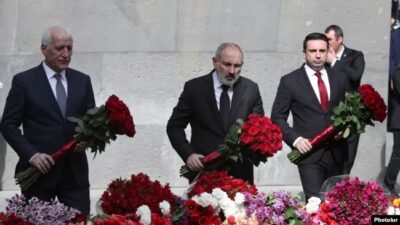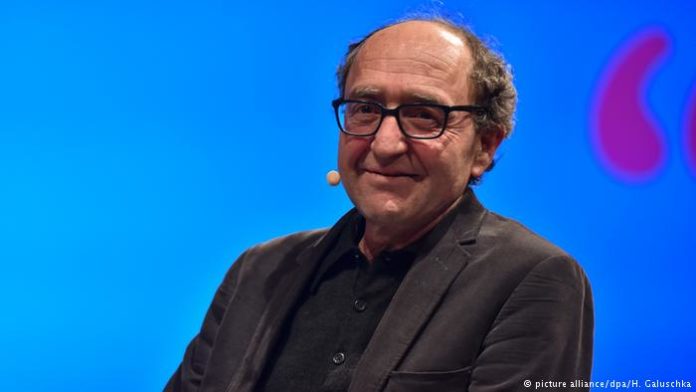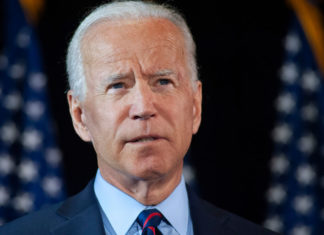By Andrew Rettman
BRUSSELS (EUObserver) — Turkey’s attempt to silence dissident writer Dogan Akhanli has backfired by giving him a bigger platform, he said in a recent interview.
Akhanli spoke amid Turkey’s attempt to extradite him from Spain on terrorism charges.
He is currently stuck in Madrid after Spanish police arrested him while he was on holiday on the basis of a Turkish Interpol request.
He said the “Kafkaesque” process was the latest step in a campaign that began long ago.
Akhanli was born in Turkey, but fled to Germany in 1991 after being persecuted for his views on the Armenian Genocide and on Turkey’s repression of its Kurdish minority.










